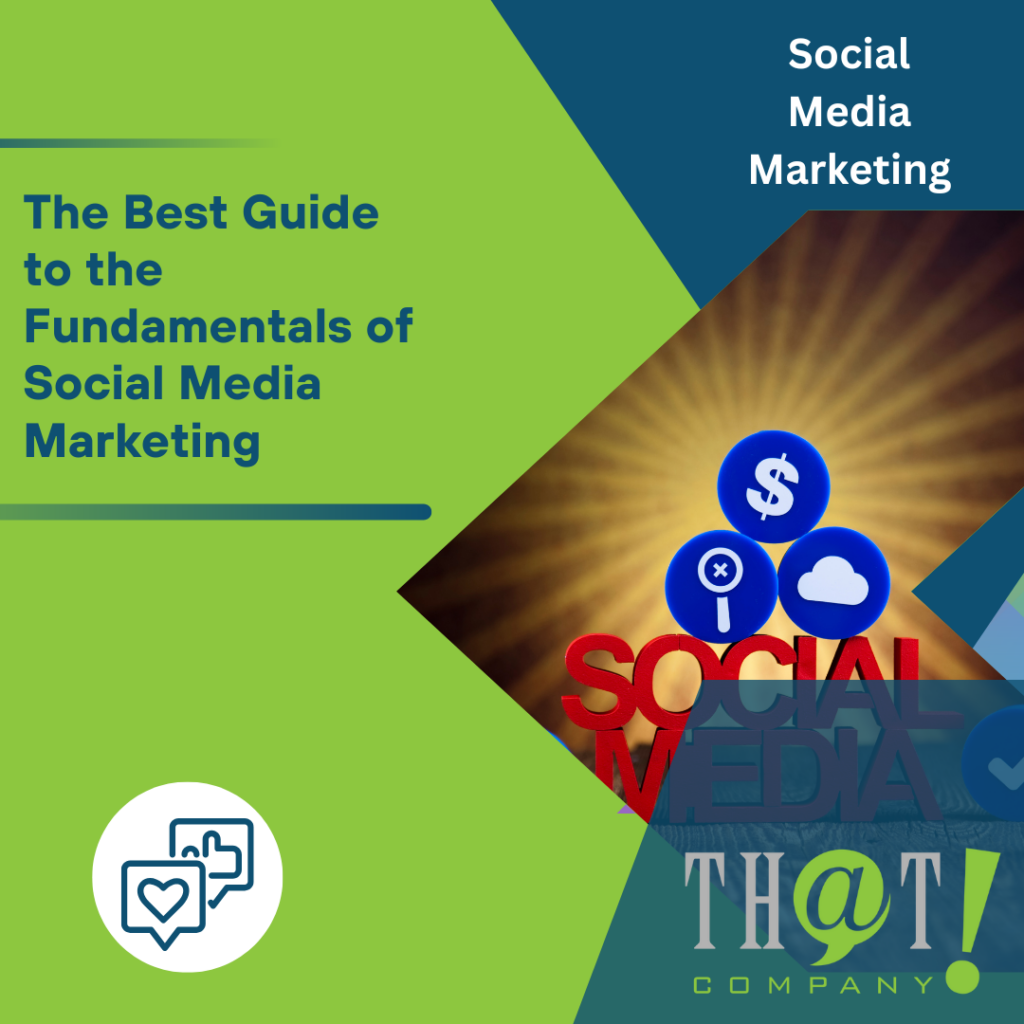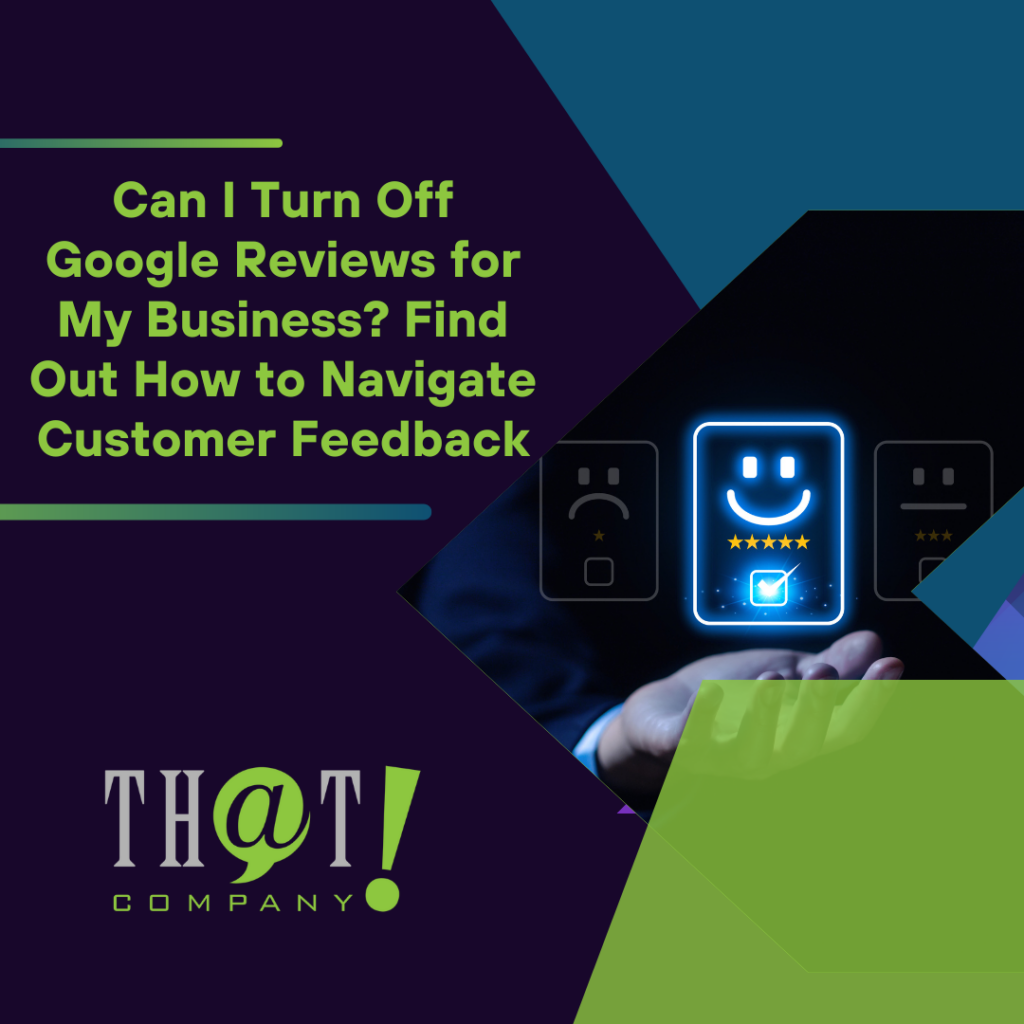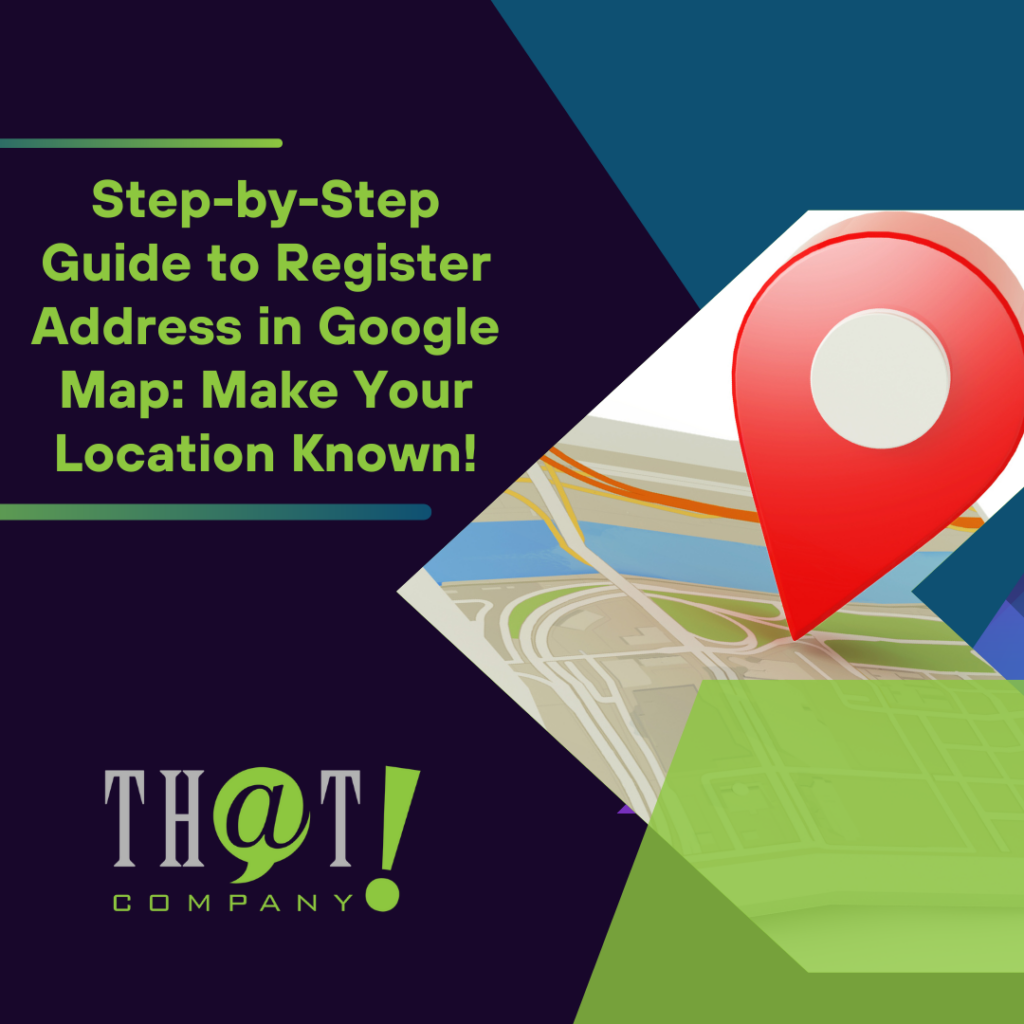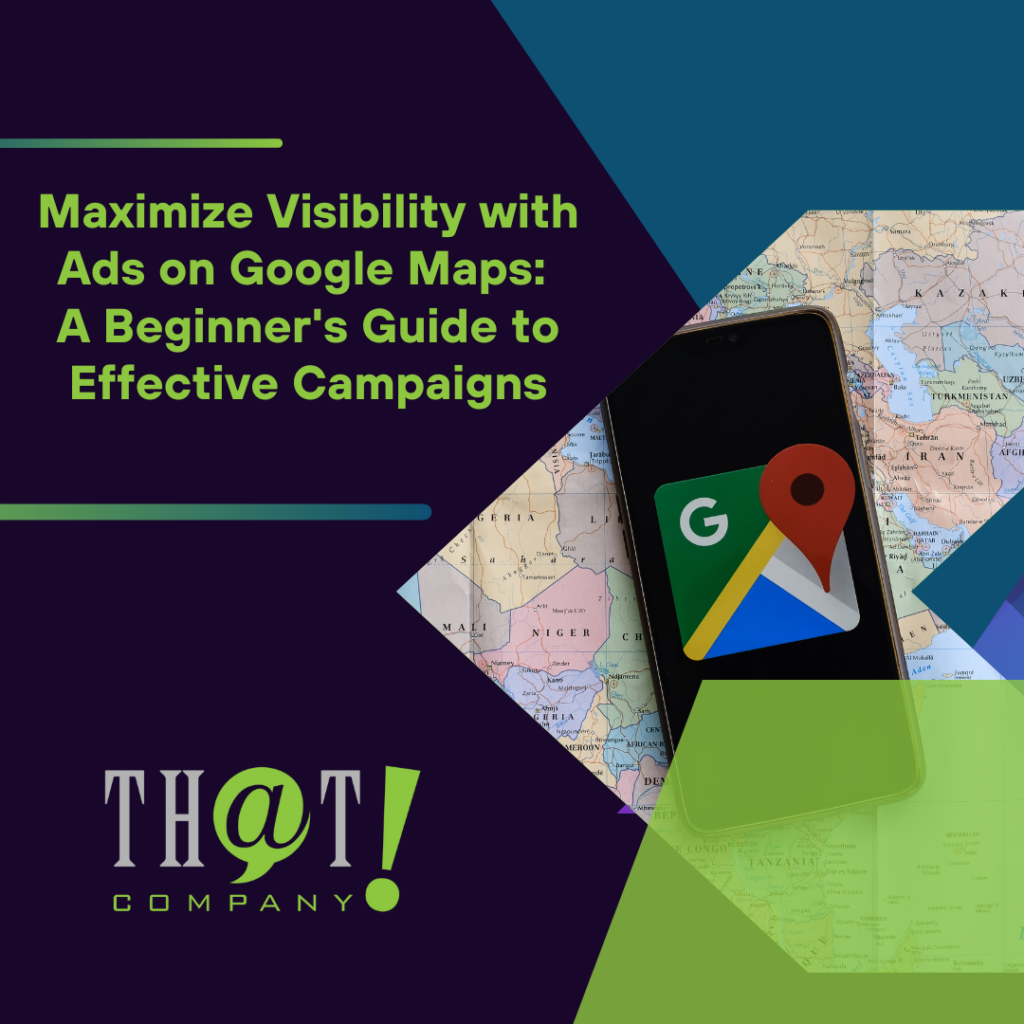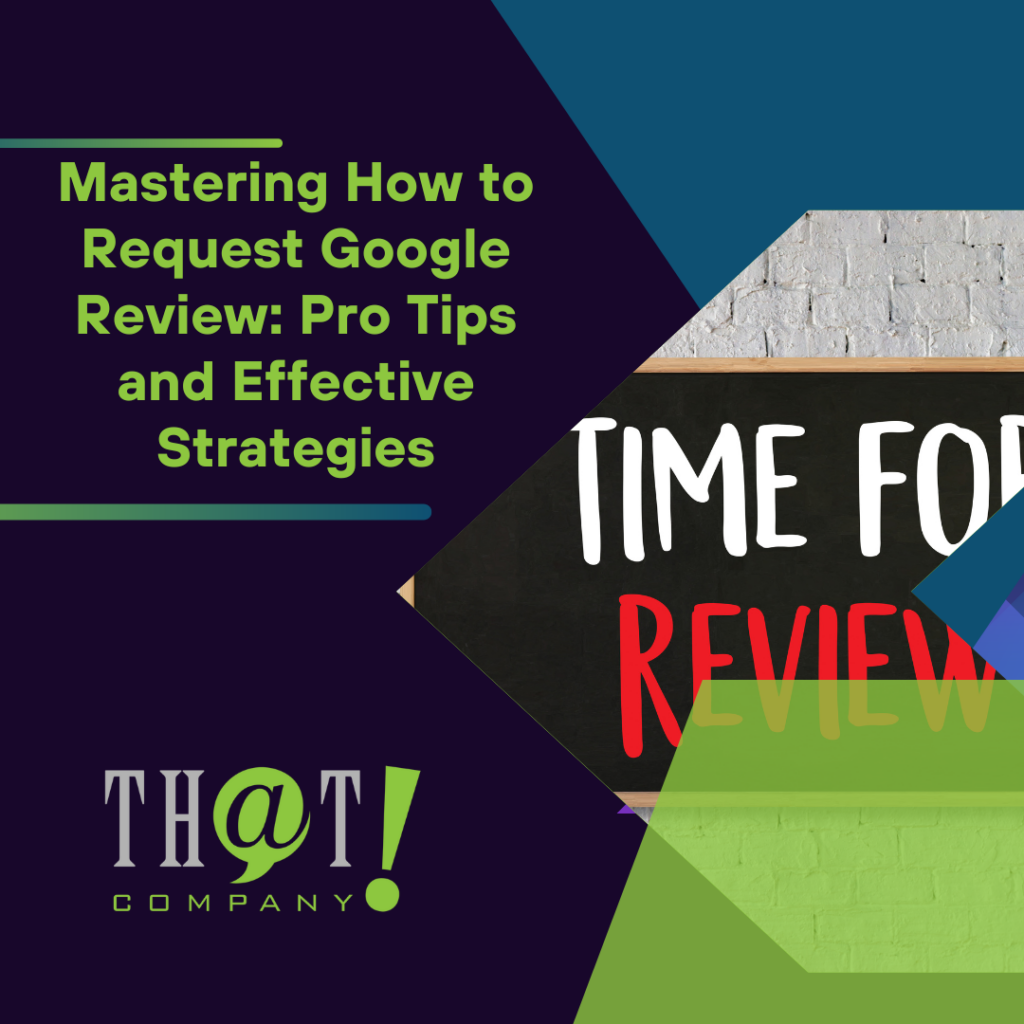
Understanding the fundamentals of social media marketing is crucial for any business looking to thrive in today’s digital landscape. Social media marketing leverages platforms like Facebook, Instagram, and LinkedIn to build brand awareness, engage with customers, and drive sales. In this article, you will learn about the basics of social media marketing, including key strategies, metrics for success, and how to select the right platforms to connect with your audience effectively.
Key Takeaways
- Social media marketing requires a strategic alignment with business goals to optimize performance and enhance customer engagement.
- Agencies can benefit significantly from white label social media services, which allow for cost savings, flexibility, and the ability to meet diverse client needs without expanding in-house teams.
- Measuring success in social media marketing relies on tracking metrics like impressions, reach, and engagement, which inform data-driven marketing decisions.

Understanding Social Media Marketing
Social media marketing is a form of digital marketing that leverages social media networks to connect with customers, promote products, and build a brand’s presence online. Effective social media marketing requires a digital marketing strategy, ensuring that efforts align with broader business objectives for optimized performance and tangible results. Using white label digital marketing services allows agencies to deliver top-tier solutions to clients while focusing on their core competencies.
Being active on various social media platforms helps brands discover, learn about, follow, and shop from them, enhancing brand awareness and customer engagement. A well-crafted social media strategy, combining both organic and paid methods, can bring remarkable success, creating brand advocates and driving leads and sales.
Social media marketing fundamentals not only increases site traffic and reach but also builds deeper connections with audiences.

Key Benefits for Agencies Using That! Company’s White Label Social Media Services
Agencies can significantly enhance their service offerings by utilizing That! Company’s white label social media marketing services. This allows them to provide a broader range of marketing solutions without the need to expand their in-house team. Leveraging white label services also reduces operational costs, avoiding the expenses associated with hiring and training new employees. By incorporating social media management white label solutions, agencies can offer clients high-quality services while focusing on their core business goals.
Furthermore, white label partnerships offer flexibility, enabling agencies to meet diverse client needs while focusing on their core strengths and exploring new revenue opportunities. These partnerships elevate service quality, bringing specialized expertise that enhances overall client satisfaction and fosters loyalty.

The Core Benefits of Social Media Marketing
Social media marketing is widely accepted and used across various demographics, making it a versatile marketing channel. The fundamentals of social media marketing include its ability to broadcast a brand’s message to a large audience effectively, facilitating the achievement of overarching marketing goals.
The size and engagement level of an audience significantly contribute to the success of audience social media marketing efforts. By reaching and engaging with a broad audience, brands can increase their visibility and drive more meaningful interactions with potential customers.

Key Metrics to Measure Success
To measure the success of social media marketing campaigns, tracking key metrics like impressions, reach, and engagement is essential. Impressions reflect how many times a social media post is displayed, indicating its visibility. Reach measures the number of unique individuals who view the post, helping assess its broader impact.
Engagement metrics provide insights into how users interact with your content, influencing the overall effectiveness of your campaigns. Social media analytics tools help brands track these key performance indicators, assess the success of their efforts, and make data-driven marketing decisions.

Developing a Strong Social Media Strategy
A robust social media strategy must align with broader business goals to enhance performance and deliver measurable outcomes. Setting clear and achievable goals, understanding your audience, and choosing the right platforms are critical steps in developing effective social media strategies.
We will explore setting clear goals, researching your audience, and choosing the right social media platforms to maximize engagement and reach.
Setting Clear Goals
Establishing precise and achievable goals is fundamental for a successful social media marketing strategy. Goals should be realistic based on the available budget and timeframe, and it’s helpful to break them down into short-term and long-term objectives.
Breaking down overall goals into quarterly chunks helps track progress more effectively. This approach ensures high-quality content is created to enhance engagement and achieve marketing goals.
Researching Your Audience
Understanding your target audience is crucial for effective social media marketing. Paid social media platforms provide detailed insights into demographics, buying habits, and interests, which enhance audience understanding and inform content creation and engagement strategies.
Analyzing factors such as age, gender, and location helps in creating tailored marketing strategies that resonate with your audience.
Choosing the Right Platforms
Selecting the appropriate social media channels depends on where your target audiences are most engaged and active. Each platform has unique characteristics that cater to different audience segments and content types.
Utilizing these platforms’ granular targeting capabilities allows advertisers to reach specific audience segments effectively and maximize engagement potential.
Content Creation and Curation
Content is the cornerstone of social media marketing. Consumers increasingly prefer to learn about new products via short video content, making formats like TikTok and Instagram Reels crucial for audience engagement. A feedback loop encourages community members to share their thoughts, enabling brands to tailor their content accordingly.
We will examine the importance of creating engaging content, using content creation tools, and repurposing content to maximize its reach and impact.
Creating Engaging Content
Understanding audience demographics and behavior is crucial for tailoring marketing messages that resonate effectively. High-quality visual content, such as images and video marketing, plays a significant role in driving engagement on platforms like Instagram, where aesthetic storytelling is key.
Analyzing audience trends and preferences allows marketers to create content that entertains, informs, and engages their followers.
Utilizing Content Creation Tools
Content creation tools like Canva and Freepik are invaluable for enhancing social media marketing efforts. Canva allows users to create professional-quality graphics easily, ensuring consistent branding and enhancing the overall quality of social media posts.
Freepik offers a wide range of visual resources, aiding in the creation of impactful content that captures audience interest.
Repurposing and Recycling Content
Repurposing content can extend its lifespan and reach by adapting it for different platforms or formats. For example, breaking down long articles into shorter posts or creating infographics can engage a broader audience and maximize the content’s impact.
This strategy not only saves time but also ensures that valuable content continues to generate engagement.

Organic vs. Paid Social Media Marketing
Organic social media marketing emphasizes creating engaging, valuable content to naturally build a following without payment. This approach fosters community engagement and loyalty through consistent interaction and valuable content sharing.
On the other hand, paid social media marketing enables businesses to reach targeted audiences quickly through sponsored content and advertisements. Choosing between organic and paid strategies depends on immediate goals, budget constraints, and the desired level of audience engagement.
We will delve into the specifics of organic and paid social media marketing.
Organic Social Media Marketing
Engagement is crucial in organic social media marketing, where content should entertain, engage, or inform followers to build a loyal community. Visual formats like images and videos tend to drive greater audience engagement compared to text.
Consistent posting and interaction with followers over time is key to building a strong organic following.
Paid Social Media Marketing
Paid social media marketing helps businesses achieve goals like customer acquisition, increasing web traffic, and raising brand awareness. By targeting precise audience segments based on demographics and behaviors, businesses can optimize their efforts. This makes paid advertising a cost-effective way to expand reach and boost visibility.
Facebook advertising offers various ad formats, such as videos, static ads, carousels, and Messenger ads. This versatility makes it an ideal platform for paid marketing efforts.

Platform-Specific Strategies
Tailoring strategies to each social media platform can lead to better engagement and conversion rates. Key social media marketing platforms for businesses include Facebook, YouTube, Instagram, LinkedIn, Twitter, TikTok, and Snapchat, each with its own unique environment and user base. Selecting the right platforms can significantly enhance your marketing efforts by targeting the appropriate audience.
We will look at specific strategies for Facebook, Instagram, and LinkedIn.
Facebook Strategies
Facebook is ideal for building communities through interactive content like polls and live videos. These strategies help engage Facebook users and foster a sense of belonging, making Facebook a go-to platform for many businesses looking to build strong, interactive communities.
Instagram Strategies
High-quality visuals are essential on Instagram, which focuses on aesthetic storytelling and engaging content. Instagram’s in-app tagging of products facilitates shopping experiences, making it a powerful platform for brands to connect with their audience and increase brand awareness.
LinkedIn Strategies
LinkedIn serves as a platform for professionals to network and share industry insights, emphasizing B2B marketing. Sharing valuable content and industry insights helps build a strong personal brand and establishes thought leadership within your industry.

Community Engagement and Management
Engaging with brands on social media has become more common, with nearly half of users reporting increased interactions compared to six months prior. Effective community management hinges on actively moderating interactions, responding to followers, and fostering a positive atmosphere.
Building strong relationships with community members can drive brand loyalty and advocacy. Regularly checking in on community needs and sentiments, along with recognizing and rewarding contributions, strengthens bonds and encourages further engagement.
Monitoring social media channels after posting allows for timely engagement with followers and quick responses to negativity.

Analytics and Reporting
Tracking data using tools like Google Analytics and social media platform analytics is essential for measuring the success of social media marketing campaigns. Attaching tracking tags and utilizing analytics from each social platform is crucial for monitoring campaign effectiveness and understanding audience engagement.
Utilizing social listening tools allows brands to track various mentions and sentiments around their business, helping refine strategies and identify trends. Good publishing tools offer automated report generation and customizable dashboards for presenting data tailored to specific business needs.

The Future of Social Media Marketing
Social media advertising expenditures are expected to climb to $276.7 billion by 2025, signaling its growing importance in marketing strategies. With the global social media user base projected to reach 5.42 billion, the extensive reach of social media marketing presents immense opportunities for businesses.
As social media continues to evolve, cultural awareness will remain crucial, with 93% of consumers believing it’s important for brands to stay in tune with online culture. Emerging social networks provide brands with new opportunities to test innovative content strategies and engage with unique communities.

Summary
In summary, social media marketing is a powerful tool to connect with customers, promote products, and build a brand’s presence online. The fundamentals of social media marketing, developing a strong strategy, and creating engaging content are key components of success. By leveraging both organic and paid marketing efforts, businesses can achieve remarkable results. Utilizing a white label approach can also allow agencies to deliver high-quality services to clients without expanding their in-house teams.
As you embark on your social media marketing journey, remember to track key metrics, engage with your community, and stay adaptable to the ever-changing digital landscape. Implementing the strategies discussed in this guide will help you transform your social media presence and achieve your marketing goals.

Frequently Asked Questions
What is social media marketing?
Social media marketing is a digital strategy that leverages social media platforms to engage customers, promote products, and enhance brand visibility online. The fundamentals of social media marketing are essential for building relationships and driving traffic in today’s digital landscape.
How can white label social media services benefit agencies?
White label social media management services enable agencies to expand their offerings and improve service quality while minimizing operational costs and avoiding the need to grow their in-house teams. This flexibility allows them to better meet the diverse needs of their clients.
What are the core benefits of social media marketing?
The core benefits of social media marketing are its ability to increase brand awareness, effectively reach diverse demographics, and foster deeper connections with audiences. These advantages help brands communicate their message more efficiently.
What metrics are essential for measuring the success of social media marketing?
To effectively measure the success of social media marketing, focus on key metrics such as impressions, reach, engagement, and conversion rates. These data points provide valuable insights into the visibility and effectiveness of your campaigns.
How can businesses choose the right social media platforms?
To choose the right social media platforms, businesses must identify where their target audiences are most engaged. Each platform serves distinct audience segments and content styles, making it essential to match the right platform to your audience. Focusing on these characteristics will ensure effective outreach and engagement.

